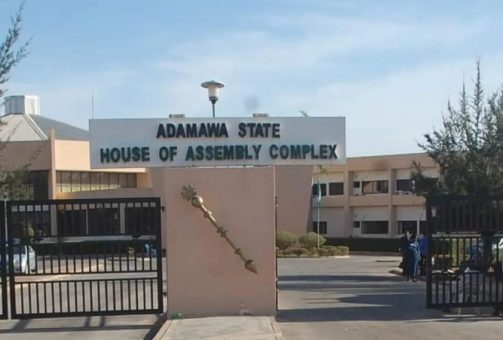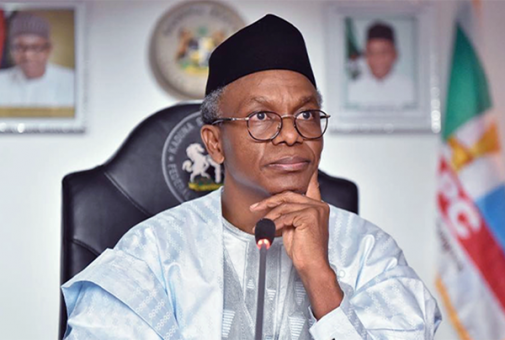
The Central Bank of Nigeria (CBN) has announced that the commencement of petroleum product deliveries from the Dangote Refinery in Lagos is expected to help reduce transportation costs and alleviate food inflation.
At a press briefing following the 297th meeting of the Monetary Policy Committee (MPC) in Abuja, CBN Governor Olayemi Cardoso expressed optimism regarding the impact of the Dangote Refinery’s petroleum product deliveries. He stated that the committee believes this development will help lower transportation costs and alleviate food price pressures in the short to medium term.
Cardoso added that the availability of refined products is also expected to reduce foreign exchange demand for imports, positively affecting external reserves and improving the overall balance of payments.
The CBN Governor also announced the committee’s decision to increase the Monetary Policy Rate (MPR) by 50 basis points, raising it from 26.75% to 27.25%. This move aims to help moderate the current inflation rate, which stands at 32.15%.
According to the latest Consumer Price Index report from the National Bureau of Statistics (NBS), the headline inflation rate decreased to 32.15% in August 2024, while food inflation reached 37.52% during the same period.
The National Bureau of Statistics (NBS) reported that the food inflation rate in August 2024 was 37.52% year-on-year, an increase of 8.18 percentage points compared to August 2023, when it was 29.34%. This rise in food inflation was attributed to price increases for essential items such as bread, maize, grains, guinea corn, cereals, yam, Irish potatoes, water yam, cassava, palm oil, and vegetable oil.
CBN Governor Olayemi Cardoso noted that several factors pose risks to food inflation, including flooding, rising energy prices, shortages of PMS, and security challenges in farming communities. He emphasized that, given the significant weight of food in the Consumer Price Index (CPI) basket, Monetary Policy Committee (MPC) members acknowledge the Federal Government’s efforts to tackle insecurity in agricultural areas and stressed the importance of maintaining these efforts.
The Monetary Policy Committee (MPC) praised the Federal Government of Nigeria for its ongoing efforts to address supply deficits through duty-free import windows for food commodities.
Meanwhile, the Nigerian National Petroleum Company Limited (NNPCL) began loading its first batch of petrol from the Dangote Refinery in mid-September, claiming to receive petrol at N898 per litre. Prior to this, NNPCL retail outlets in Lagos sold petrol for around N855, but they announced that petrol from the Dangote Refinery would be priced at N950 per litre in Lagos and N1,019 in Borno.
However, the Dangote Refinery disputed the N898 price point, prompting NNPCL to challenge the refinery to disclose its selling price. NNPCL has also provided a breakdown of the pricing for Dangote petrol at its filling stations nationwide.
The Independent Petroleum Marketers Association of Nigeria (IPMAN) expressed concerns, stating it doesn’t make sense for petrol sourced from the Dangote Refinery to be sold at a higher price than imported alternatives.
Aliko Dangote, Africa’s leading industrialist, launched operations at the $20 billion refinery in Lagos last December, with an initial capacity of 350,000 barrels per day. The facility aims to reach its full capacity of 650,000 barrels per day by the end of this year, having already begun supplying diesel and aviation fuel alongside petrol.
Nigeria, the most populous nation in Africa, is grappling with significant energy challenges, as all state-owned refineries are currently non-operational. The country remains heavily reliant on imported refined petroleum products, with NNPCL as the primary importer.
Fuel queues have become a common sight, and petrol prices have surged since the removal of subsidies in May 2023, skyrocketing from around ₦200 per litre to over ₦1,000 per litre. This dramatic increase has further strained citizens who depend on petrol for transportation and generators, amid a long-standing issue of unreliable electricity supply.





